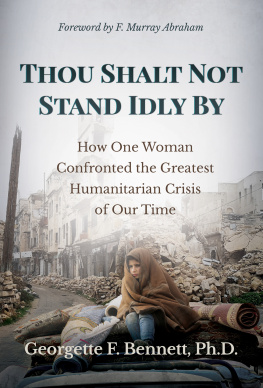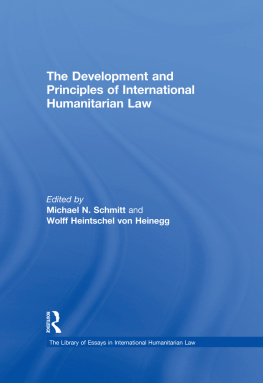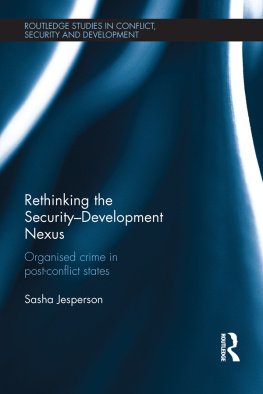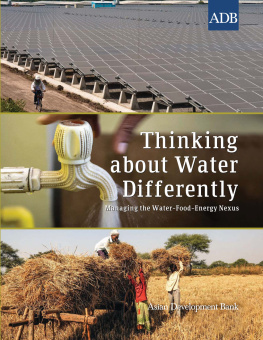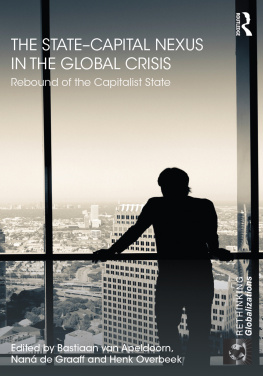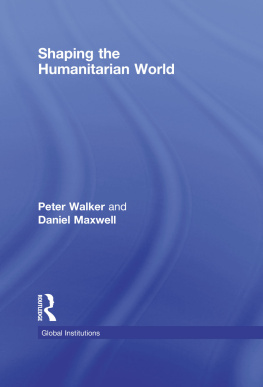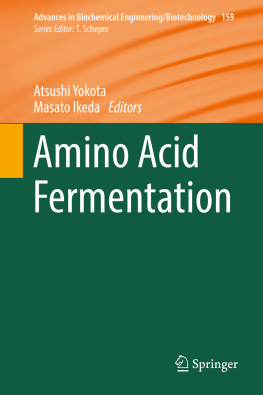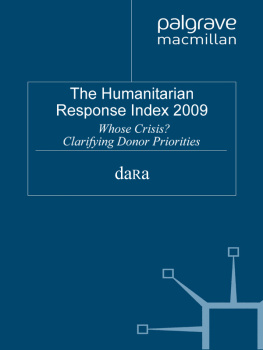The continuum in Rwanda after the genocide and in Indonesia after the Tsunami were typical of the unstructured processes which accompany the transition from humanitarian relief to development. The extent to which local ownership of governments and civil society is prepared and empowered to take charge following man-made or natural disasters is a major determinant of the length and sustainability of recovery. In the absence of standard patterns and processes, we are left with sets of principles and values, which are ultimately much more valuable as a guide to action. This book does well to distinguish the very different circumstances of recovery, both from natural disasters and from conflict.
Stephen Browne, former UN Humanitarian and Development Coordinator
The aid world is split into development and humanitarian assistance. This book tackles the long-standing question of how different aid instruments can best be combined to meet human needs defying categorization. It provides a rich series of case studies, as well as a unique Japanese perspective on the continuum of aid.
Julia Steets, Director of the Global Public Policy Institute (GPPi)
This is an ambitious and honest effort to address and deconstruct the on-going dilemma of responding to one crisis after the other in increasingly complex environments. This collection of articles demonstrates the non-linear nature of recovery and reconstruction. It is recommended reading for practitioners and scholars.
Margareta Wahlstrom, President of Swedish Red Cross and former Special Representative of the UN Secretary General for Disaster Risk Reduction
An important contribution to current global conversations around crisis prevention and sustaining peace. Through detailed case studies from some of the most difficult conflict and disasters of the past 30 years, this book brings new analysis to the dilemmas around linking emergency response and long-term development that have eluded the aid sector for decades.
Christina Bennett, Humanitarian Policy Group, Overseas Development Institute, UK
Crisis Management Beyond the Humanitarian-Development Nexus
In addressing humanitarian crises, the international community has long understood the need to extend beyond providing immediate relief, and to engage with long-term recovery activities and the prevention of similar crises in the future. However, this continuum from short-term relief to rehabilitation and development has often proved difficult to achieve. This book aims to shed light on the continuum of humanitarian crisis management, particularly from the viewpoint of major bilateral donors and agencies. Focusing on cases of armed conflicts and disasters, the authors describe the evolution of approaches and lessons learnt in practice when moving from emergency relief to recovery and prevention of future crises.
Drawing on an extensive research project conducted by the Japan International Cooperation Agency Research Institute, this book compares how a range of international organizations, bilateral cooperation agencies, NGOs, and research institutes have approached the continuum in international humanitarian crisis management. The book draws on six humanitarian crises case studies, each resulting from armed conflict or natural disasters: Timor-Leste, South Sudan, the Syrian crisis, Hurricane Mitch in Honduras, the Indian Ocean earthquake and tsunami in Indonesia and Typhoon Yolanda. The book concludes by proposing a common conceptual framework designed to appeal to different stakeholders involved in crisis management.
Following on from the World Humanitarian Summit, where a new way of working on the humanitarian-development nexus was highlighted as one of five major priority trends, this book is a timely contribution to the debate which should interest researchers of humanitarian studies, conflict and peace studies, and disaster risk-management.
Atsushi Hanatani is Senior Advisor and former Senior Director of the Office for Peacebuilding and Reconstruction at the Japan International Cooperation Agency.
Oscar A. Gmez is Research Fellow at the Japan International Cooperation Agency Research Institute.
Chigumi Kawaguchi is Research Fellow at the Japan International Cooperation Agency Research Institute.
Routledge Humanitarian Studies Series
Series editors: Alex de Waal and Dorothea Hilhorst
Editorial Board: Mihir Bhatt, Dennis Dijkzeul, Wendy Fenton, Kirsten Johnson, Julia Streets, Peter Walker
The Routledge Humanitarian Studies series in collaboration with the International Humanitarian Studies Association (IHSA) takes a comprehensive approach to the growing field of expertise that is humanitarian studies. This field is concerned with humanitarian crises caused by natural disaster, conflict or political instability and deals with the study of how humanitarian crises evolve, how they affect people and their institutions and societies, and the responses they trigger.
We invite book proposals that address, among other topics, questions of aid delivery, institutional aspects of service provision, the dynamics of rebel wars, state-building after war, the international architecture of peacekeeping, the ways in which ordinary people continue to make a living throughout crises, and the effect of crises on gender relations.
This interdisciplinary series draws on and is relevant to a range of disciplines, including development studies, international relations, international law, anthropology, peace and conflict studies, public health and migration studies.
Disaster Management in Australia
Government coordination in a time of crisis
George Carayannopoulos
Production of Disaster and Recovery in Post-Earthquake Haiti
Disaster industrial complex
Juliana Svistova and Loretta Pyles
International Humanitarian NGOs and State Relations
Principles, politics, and identity
Andrew J. Cunningham
Crisis Management Beyond the Humanitarian-Development Nexus
Edited by Atsushi Hanatani, Oscar A. Gmez and Chigumi Kawaguchi
For more information about this series, please visit: https://www.routledge.com
First published 2018
by Routledge
2 Park Square, Milton Park, Abingdon, Oxon OX14 4RN
and by Routledge
711 Third Avenue, New York, NY 10017
Routledge is an imprint of the Taylor & Francis Group, an informa business
2018 selection and editorial matter, Atsushi Hanatani, Oscar A. Gmez and Chigumi Kawaguchi; individual chapters, the contributors
The right of Atsushi Hanatani, Oscar A. Gmez and Chigumi Kawaguchi to be identified as the authors of the editorial material, and of the authors for their individual chapters, has been asserted in accordance with sections 77 and 78 of the Copyright, Designs and Patents Act 1988.
All rights reserved. No part of this book may be reprinted or reproduced or utilized in any form or by any electronic, mechanical, or other means, now known or hereafter invented, including photocopying and recording, or in any information storage or retrieval system, without permission in writing from the publishers.




